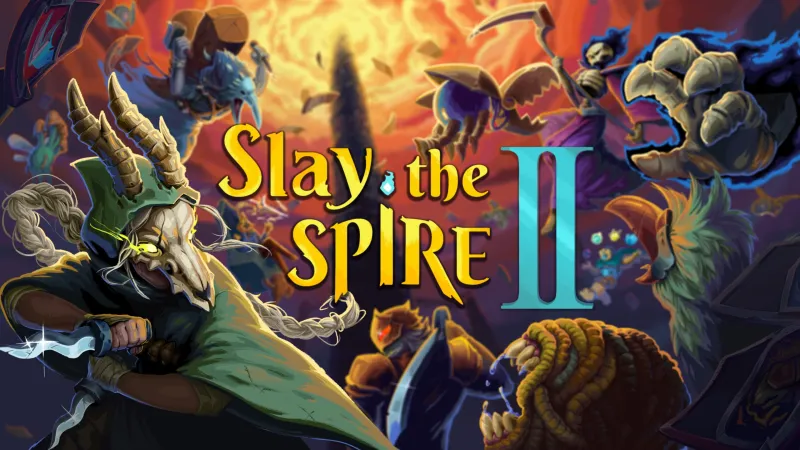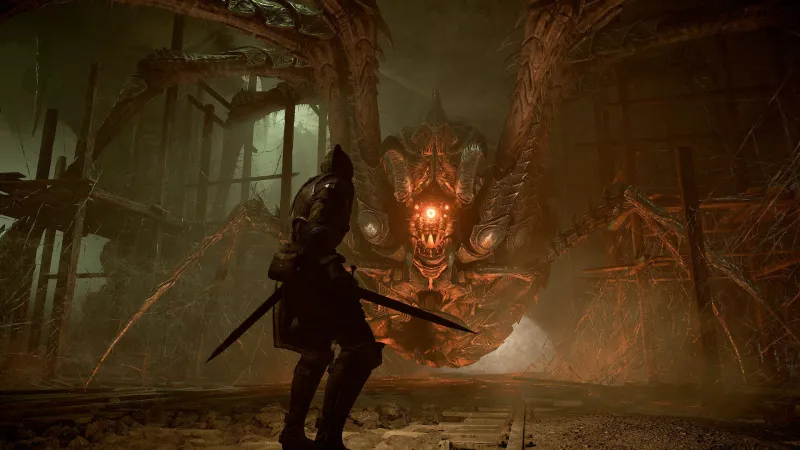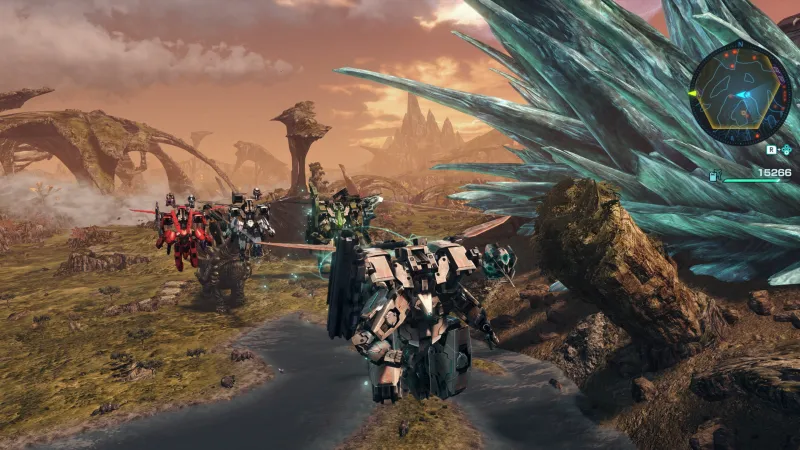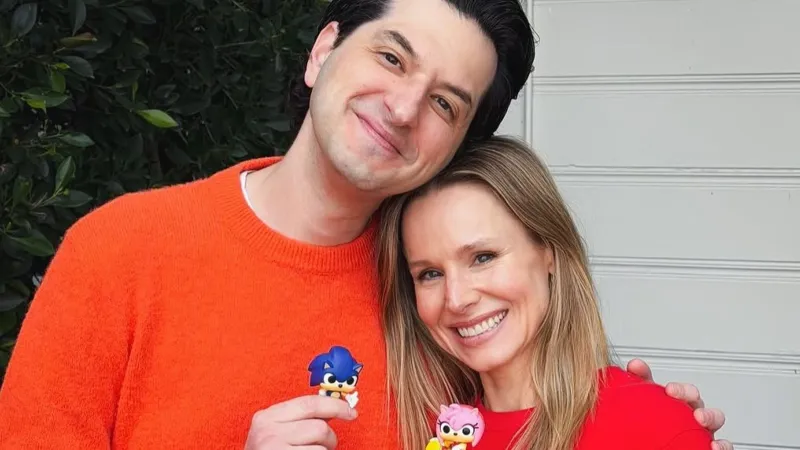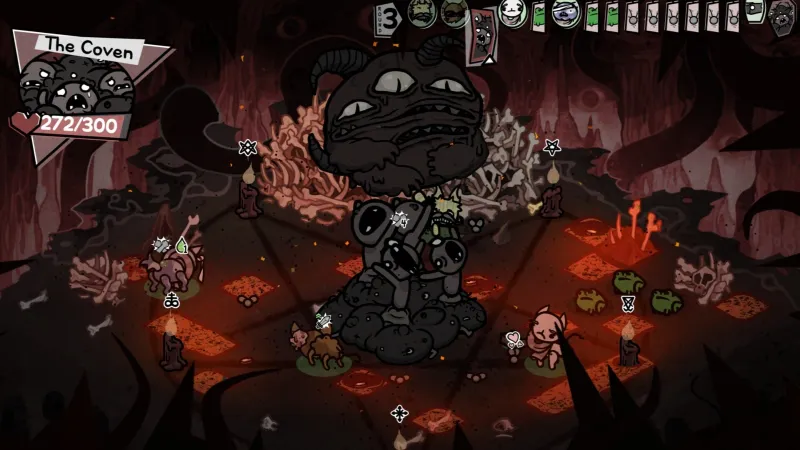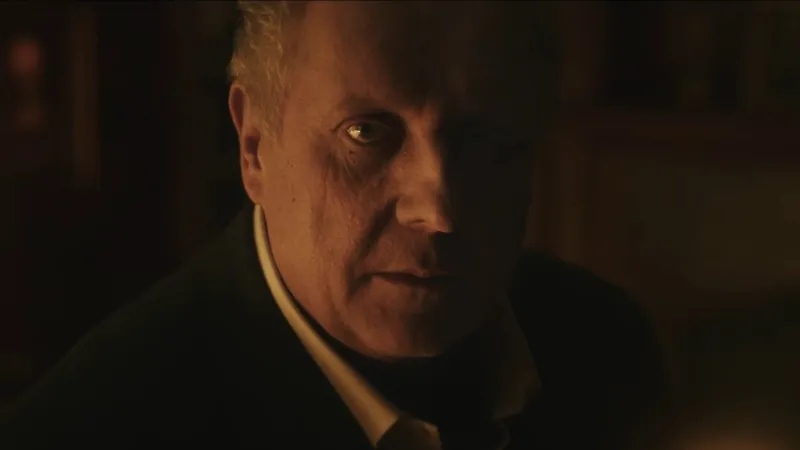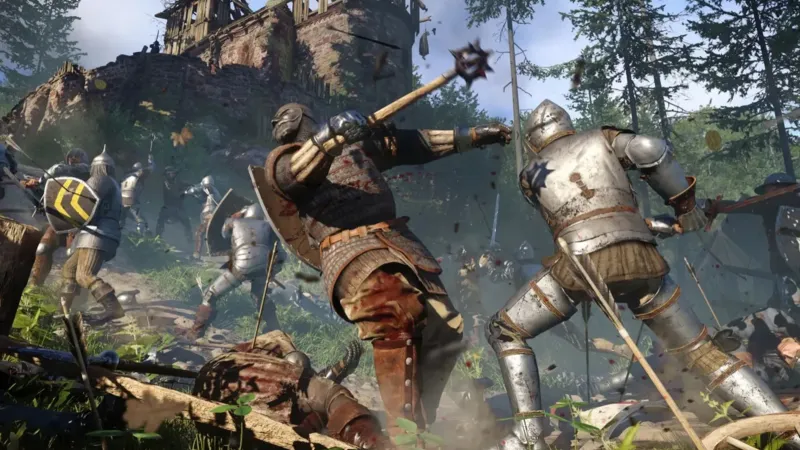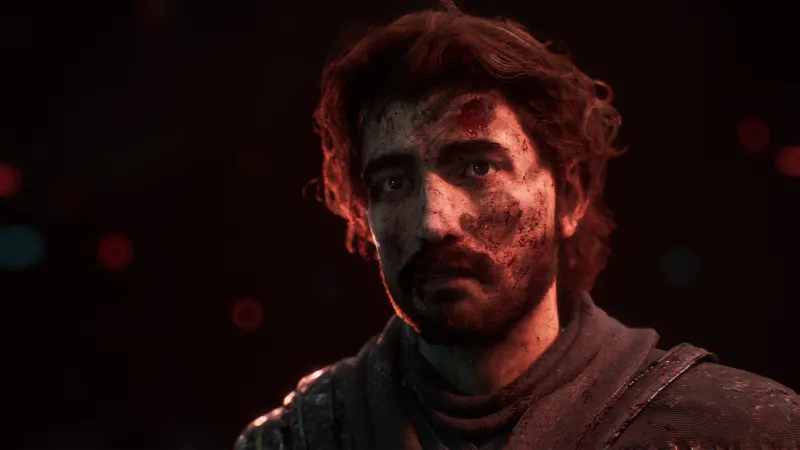After lying dormant for a number of years, the V for Vendetta franchise is suddenly heating up in a big way. First, we learned that the V for Vendetta movie is being rereleased in theaters in 2026 as part of its 20th anniversary. Then, news broke that HBO is developing a V for Vendetta series written by Somewhere Boy’s Pete Jackson.
This is certainly great news for fans of the film and Alan Moore and David Lloyd’s timeless graphic novel. But even if you’ve never experienced V for Vendetta before, you should be thrilled. This project – or what it stands for – represents DC’s greatest asset in the never-ending conflict with Marvel Studios. Let’s explore why.
DC’s Rich History of Standalone Stories
As much as any other DC adaptation released in the past few decades, V for Vendetta speaks to the stark difference between DC and Marvel’s Hollywood strategies. This is a completely standalone superhero film geared toward an older audience, one not tied to the larger DC Universe at all (unexpected Pennyworth connections notwithstanding). In other words, it’s very much like the Alan Moore and David Lloyd graphic novel that inspired it. And if not necessarily a box office smash, V for Vendetta still found a sizable audience that’s endured over the course of 20 years.
V for Vendetta is much like the Watchmen movie and TV series, 2005’s Constantine, and shows like Preacher and The Sandman. All of these projects are based on standalone, mature readers-focused graphic novels. They aren’t connected to the DC Universe. They simply focus on telling self-contained stories that draw on DC’s rich publishing history. They represent a type of storytelling Marvel is far less likely to explore.
Marvel, for its part, tends to focus more on ongoing narratives and longer runs that weave into the larger Marvel Universe. On the comics side, Marvel has comparatively fewer graphic novels and limited series than DC. They’ve made ongoing, monthly comics their bread and butter. On the film and TV side, so much of their focus is on continuing to expand the many-headed hydra that is the Marvel Cinematic Universe. Even comparatively standalone films like 1998’s Blade and 2017’s Logan now have their specific place in Marvel’s vast multiverse.
It’s interesting to see how that strategy works both for and against Marvel on the comics side of things. In terms of single-issue sales, Marvel tends to dominate the market every month. You can see that in ICv2’s October 2025 sales chart, which becomes progressively more Marvel-heavy the further down you look. But graphic novel sales are a completely different story, with DC utterly dominating the top 20 between its Absolute Universe books and its hugely successful Compact Comics line. Those books appeal to a very different sort of comic reader from the one snatching up new issues of The Amazing Spider-Man and Uncanny X-Men each month.
It’s always felt like Marvel is leaving money on the table by not catering more directly to that audience. Marvel doesn’t really have its own version of V for Vendetta or Watchmen, either on the publishing side or the film/TV side. Everything is part of a bigger, ongoing storyline. Everything has to have its place in the Marvel multiverse.
Cinematic universes are fun and all, but there’s a lot to be said for just telling a good story and leaving it at that. Not everything needs to intertwine and interconnect. That’s something the new DC regime under James Gunn and Peter Safran seems to understand. Even as they establish the new DCU, Gunn (who, with Safran, is serving as an executive producer on V for Vendetta) is placing an emphasis on individuality with these new movies and shows. Superman doesn’t bend over backwards setting up spinoff projects. There’s room for smaller, more self-contained, and more stylistically divergent movies like Clayface in the lineup. And as this V for Vendetta announcement shows, there’s still ample room for DC projects that aren’t tied to the DCU at all.
Is HBO’s V for Vendetta the Next Watchmen?
It’s hard not to be excited for the new V for Vendetta series based solely on the pedigree of the original graphic novel. It’s one of the best books in Moore’s voluminous library, which itself is arguably the most acclaimed in all of comics. The 2005 film adaptation is a solid take on that source material, but it’s hardly something that couldn’t be improved and expanded upon. Comic book adaptations have come a very long way in the last 20 years.
That said, the prospect of a V for Vendetta series is all the more exciting in this post-HBO Watchmen climate. The Watchmen series is easily one of the best comic book shows ever released. In fact, IGN’s staff voted it the best live-action DC series of all time. It’s a show with something truly meaningful to add to the original Alan Moore and Dave Gibbons graphic novel. It expands on the characters and themes in bold ways. It adds entirely new layers to the story, examining America’s dark legacy of systemic racism through the lens of this alternate superhero universe. As good as DC’s Doomsday Clock comic is, it’s hard to argue that the HBO series isn’t the truly worthy sequel here.
At this point, it remains to be seen if HBO’s V for Vendetta series will be a direct adaptation of the comic or more of a sequel/spinoff like the Watchmen series is. There’s merit to either approach. There’s certainly room for a direct sequel that explores what happens after the end of the comic and the collapse of the dystopian Norsefire government. But there’s also ample room for the series to succeed solely by adapting the comic and exploring these characters in a depth that simply wasn’t possible in the 2005 movie.
Either way, there’s potential for V for Vendetta to continue where the Watchmen series left off. It can become another critical smash for HBO, proving just how much depth there is to mine from DC’s back catalog on the small screen. Again, it doesn’t necessarily matter if V for Vendetta is an adaptation or an expansion of the source material. What matters is how much weight and significance this story carries in the 21st century. Moore may have written the comic as a response to Thatcherism in the ‘80s, but the comic remains deeply, depressingly relevant in 2025. In an era where authoritarianism is again on the rise, there’s a lot we can learn from the eccentric vigilante V and his crusade against Britain’s oppressive rulers.
However the V for Vendetta crew choose to execute this new series, it’s good to see that Gunn understands the value of adaptations like this. The show may not be the next crucial piece of the DCU puzzle, but it’s something more important – a fresh look at a classic DC story at a time when that story has never been more urgent. It’s the kind of standalone, prestige TV show that Marvel doesn’t really give us. They’d rather give us a Wonder Man show nobody asked for. And that’s how DC can leave its mark in this ongoing war.
Do you want V for Vendetta to be an adaptation of the comic or a sequel like the Watchmen series? Vote in our poll and let us know your thoughts in the comments below.
For more, brush up on every DC movie and series in development.
Jesse is a mild-mannered staff writer for IGN. Allow him to lend a machete to your intellectual thicket by following @jschedeen on BlueSky.
2025-11-11 20:33:00


